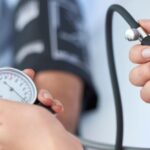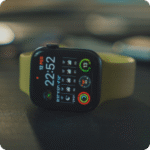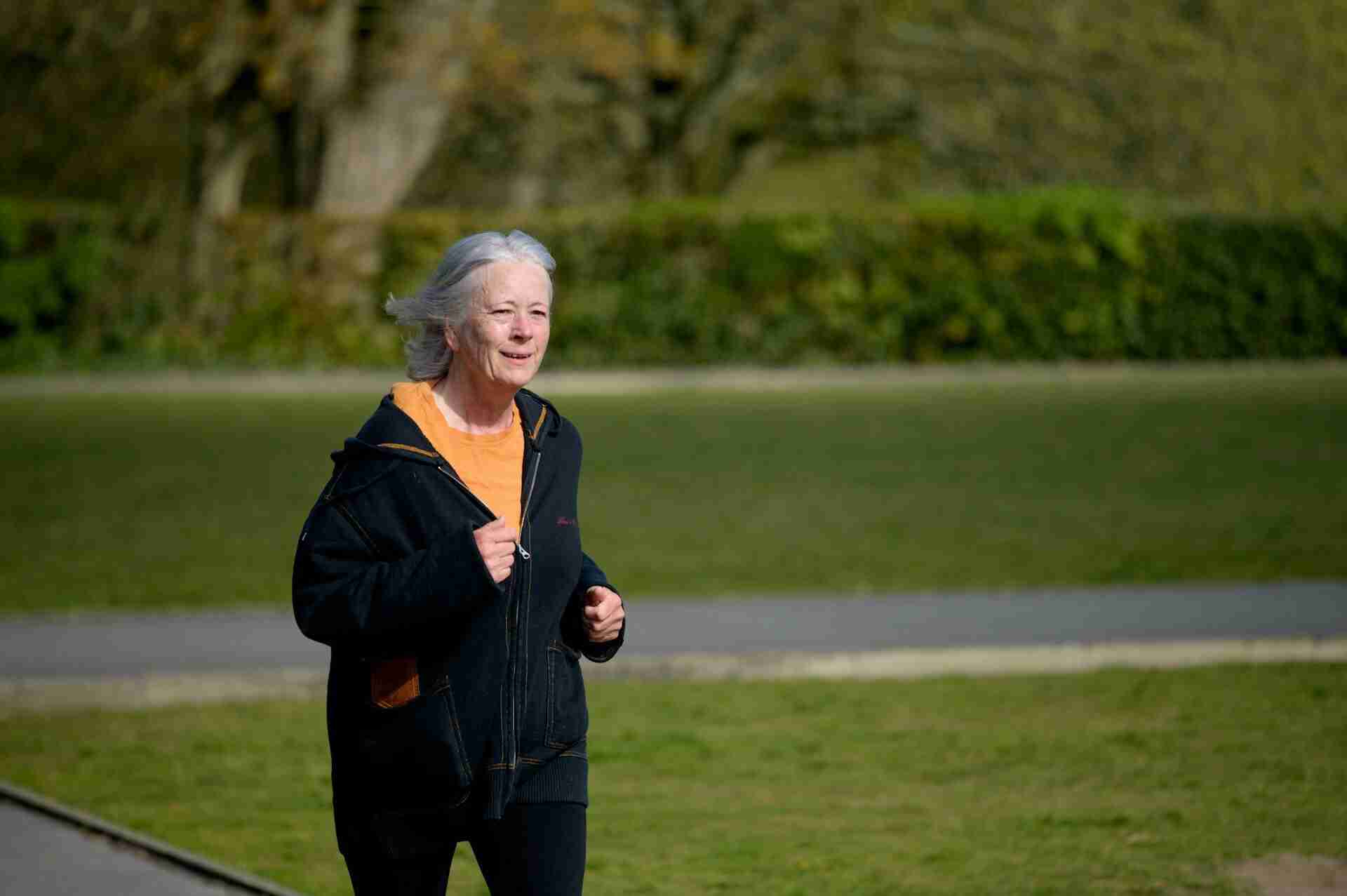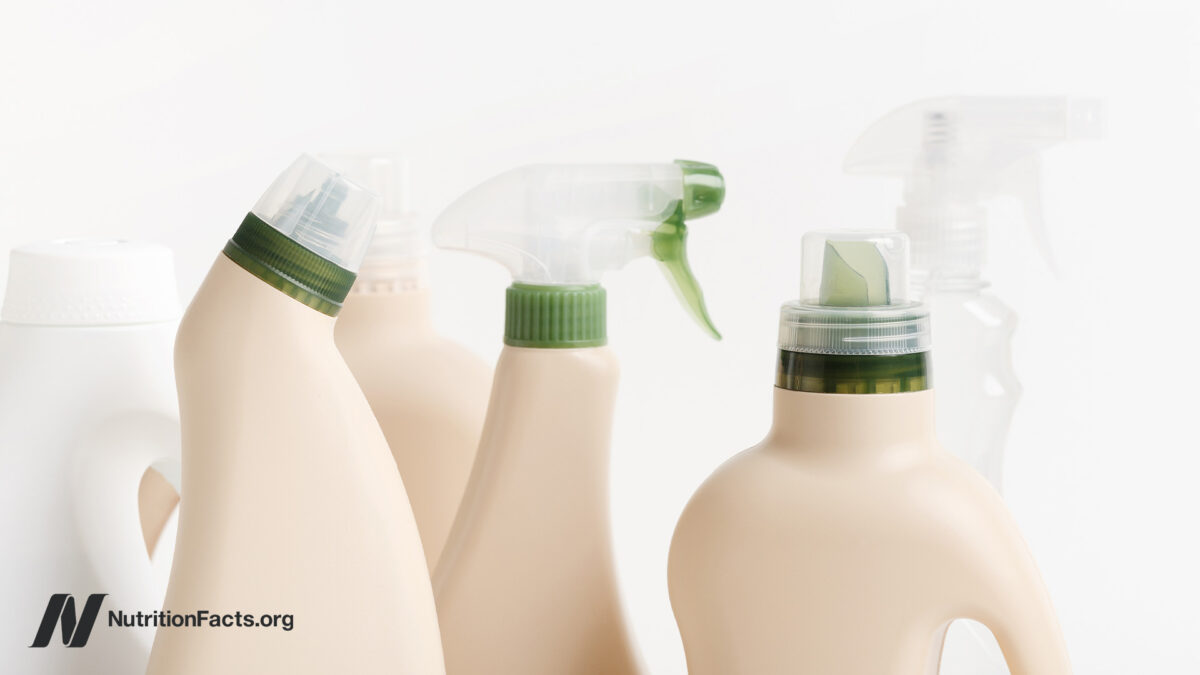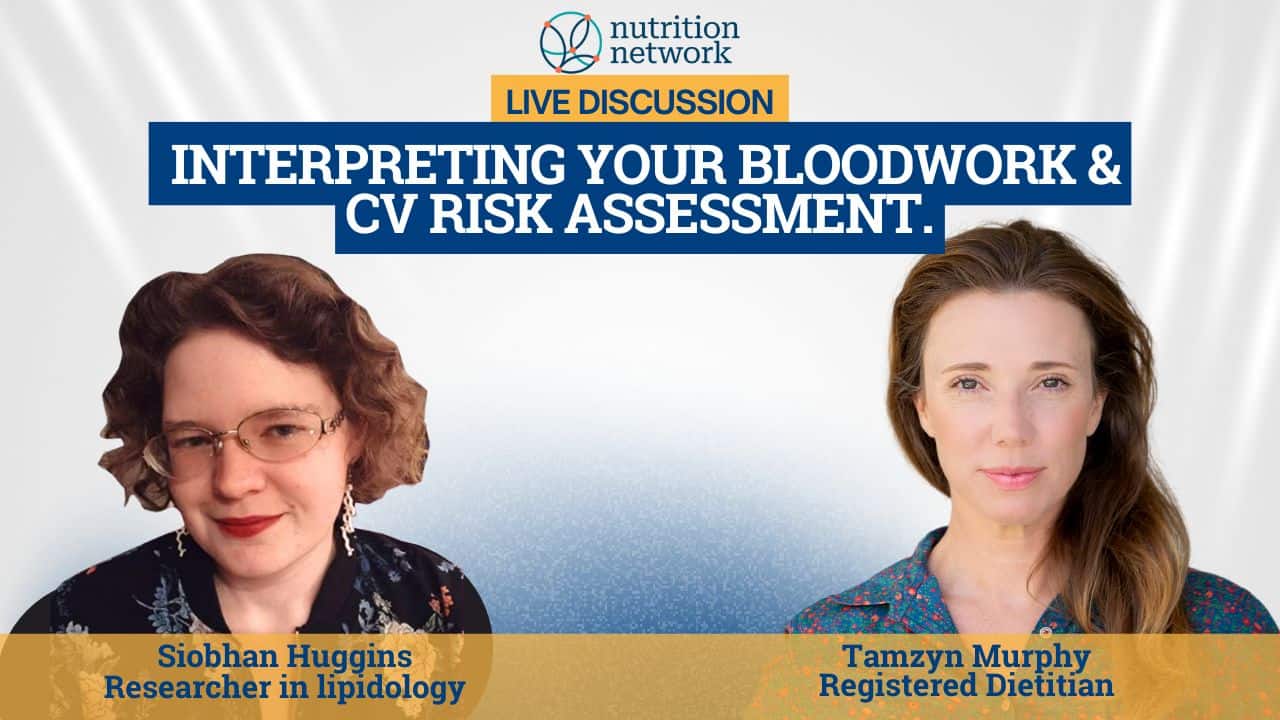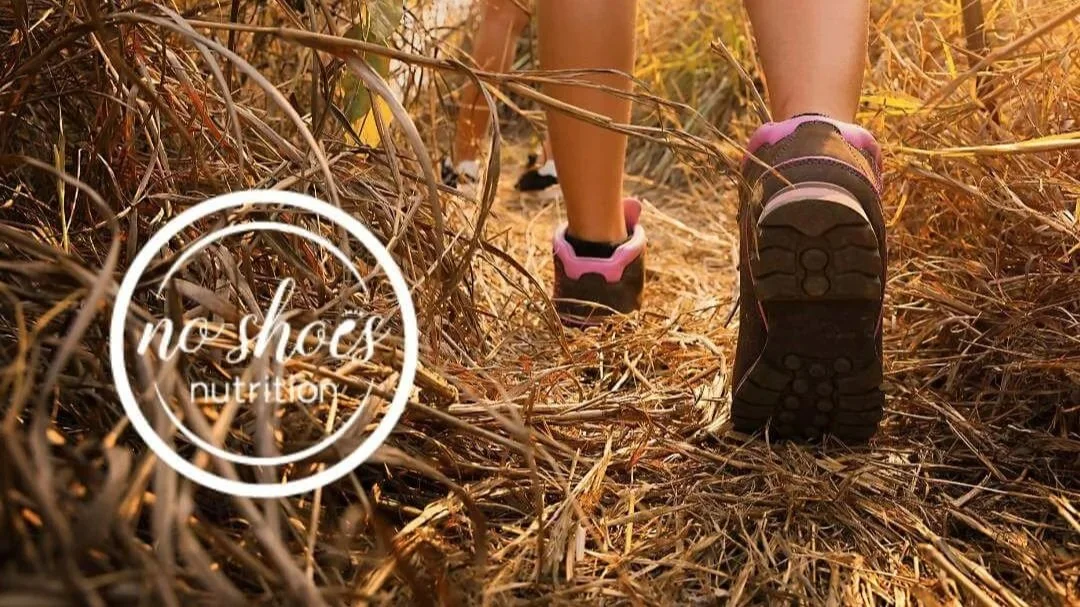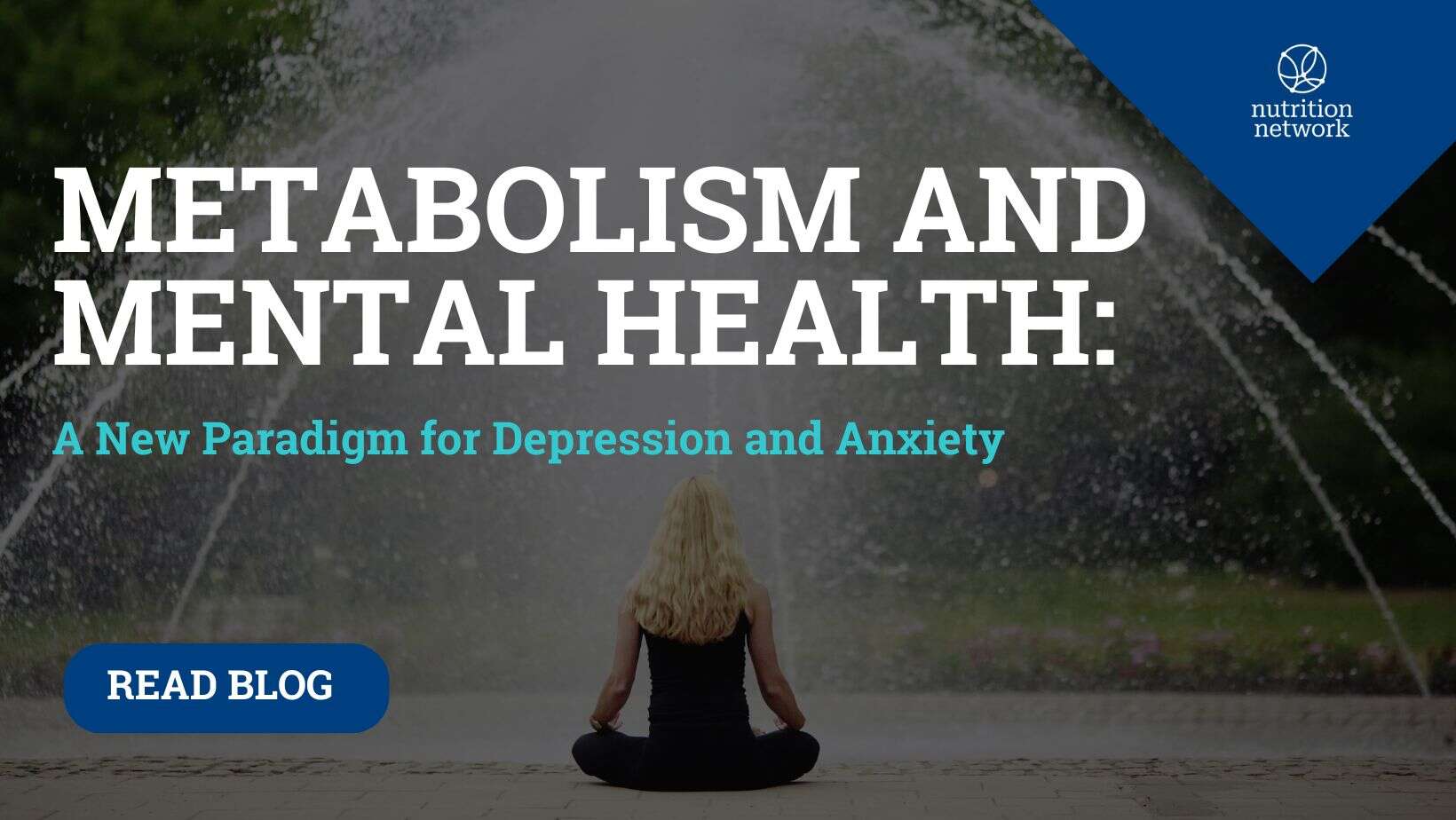If you’re embracing physical activity after a heart attack or other cardiac event, way to go! The benefits are indisputable – besides reducing your risk of another heart problem, movement can boost your mood, energy, sleep, and more.
Whether you’re working out at a supervised program or on your own, it’s worth thinking about what to eat before, after and possibly during your session. How much protein do you need? Should you have sports drinks or special supplements?
The good news: It’s simpler than you might think, and largely comes down to what feels right to you. With a little trial and error, you can figure out what foods and beverages sit well and give you energy.
A word about terminology
Some people understandably dislike the word “exercise”. It might bring up uncomfortable memories of gym class, or a vision of being pushed by a drill sargeant to exhaustion and maybe even pain. That’s not what we’re aiming for!
So you often see the phrase “physical activity” instead, although it’s cumbersome. Or “workout,” like I use. Some writers refer to “movement,” or “joyful movement,” which I love! It reminds us to be active in ways we enjoy. Amen to that!
Anyhow, I say “exercise” in this post because cardiac rehab programs use it, but know that I’m talking about moving your body in the most flexible, fun, life affirming ways.
Okay, that said…
What to eat before exercise
Goals: To give you energy, prevent low blood sugar, and support heart health.
Ideal Timing: 1–3 hours before
What to include:
Carbohydrates: Your main fuel before a workout should be carb-based. Think oatmeal, sprouted grain toast, or a whole grain tortilla. Fruit is mostly carbs too, so an apple or orange can also give you pre-workout energy.
Bonus: These examples are low glycemic index (GI) carbs, which can provide a more sustained carbohydrate release during exercise, meaning you’ll have gas in the tank for longer. Eating more low GI grains and starches can also help with blood sugars and LDL cholesterol.
They’re are also great sources of fibre, good for heart health as well as a happy gut. But if you’re not used to eating much of it, your first exercise session isn’t the time to experiment. Start with foods you’re used to, and shift to higher-fibre choices over time.
Protein: A moderate amount can help keep you going longer and help build your muscles. For example, have a cup of Greek yogurt with your oatmeal, top your toast with cheese, or wrap eggs in your tortilla (perhaps with spinach and chopped tomatoes).

Hydration: You’ll feel best if you start your workout well hydrated. Water is all it takes! Sports drinks are recommended for exercise that lasts more than an hour.
What about coffee? Ask your cardiac rehab nurse or doctor. While caffeine can give you an exercise energy boost, some cardiac rehab programs recommend against it for three hours before and one hour after exercise.
Other good options include herbal tea, milk, low-sodium vegetable juice, a half-cup of fruit juice, or a small smoothie.
How much to eat? Let your hunger and time window dictate this. If you eat breakfast two hours before exercise, your regular breakfast will probably be fine. Just make sure you have a balance of protein and carbohydrates, including fruit or veggies.

On the other hand, if your exercise session starts in just 15 minutes, have something small like a banana and a handful of peanuts. Nature’s energy bar!
This probably goes without saying, but avoid overly fatty or heavy meals right before exercise.
Listen to your body
The most important factor is how particular foods leave you feeling. Are you dragging or do you have pep in your step? Do the foods agree with your GI system?
Experiment to see what works best for you. (Keeping a journal can help.)
Should you eat during exercise?
Goal: Stay hydrated.
If your session will be less than an hour, water should be all you need. Drink to satisfy your thirst, especially if it’s hot and you’re working hard.
(If your blood sugar drops too low, the staff may offer you juice.)
What to eat after exercise
Goals: Repair muscles, replenish electrolytes, and fuel you for the rest of your day
Ideal Timing: Within 1–2 hours of your workout
What to include:
Protein: Protein after exercise is helpful for repairing and building your muscles. While the top protein priority is getting enough overall, having 20-40 grams within two hours of exercising is optimal.
Not a nutrient counter? No need! Just have a balanced meal, including either a piece of meat, poultry, or fish the size of a deck of cards OR two or more vegetarian protein sources. For example, pair a bowl of vegetable lentil soup with a glass of milk.
Plant-based foods aren’t as protein-rich, but they’re critical for good cardiovascular health, delivering fibre, minerals like potassium, antioxidants, and phytochemicals like polyphenols.
Carbohydrates: They can help replenish used energy stores after exercise. You’ll find them in whole grains, fruit, vegetables — even milk and yogurt.
Hydration: Keep drinking water or other low-sugar beverages. Some foods also contribute fluids, including yogurt, soup, and many fruits and vegetables (eg. watermelon, cucumber, and lettuce).
Electrolytes: For exercise lasting less than an hour, you won’t typically need anything special to replenish lost electrolytes. Most heart health supporting foods have potassium, magnesium, and/or calcium, and sodium certainly isn’t hard to find!
How much to eat? You don’t need a lot of extra food. Let your appetite be your guide.
For example, if you had breakfast at 7am and exercised from 8-9am, a small snack will hold you over – cottage cheese with pineapple or homemade trail mix and an orange. Then have lunch as usual!

Example 1: The lunchtime walk
Usually your cardiac rehab program will encourage you to exercise at least once a week on your own, in addition to sessions with them. If you plan to go for a walk at lunchtime, should you eat first or afterwards?
Try a mid-morning snack 1-2 hours before your walk. As above, you’ll want mostly heart-healthy carb-rich foods like whole grains and fruit, with a moderate amount of protein. For example, a cup of chia pudding with berries, or a handful of whole-grain crackers with hummus and sliced tomato. Or you could also have a few bites of your lunch!
See how that feels and if needed, adjust as mentioned above.
Example 2: The gym after work
I’m always impressed with people who can do this! It takes serious motivation, but you’ll probably feel refreshed and proud of yourself afterwards.
Say you’ll be there for an hour, doing both cardio and resistance training. You’ll need more food to feel strong through that.
Try a bigger snack about two hours before your workout. Say a peanut butter and banana sandwich on sprouted grain bread or homemade granola with milk and sliced peaches.
If you don’t manage to eat until you’re on your way, have something light instead, like a homemade muffin or snack-sized Greek yogurt. (You’ll probably want to eat soon after.)
Again, see how these snacks work for you, and adjust as necessary.
Packaged snacks
Life may not leave you with enough time for lentil soup before exercise. You might be out of fresh apples. While whole foods are ideal, heart-healthy(ier) packaged snacks exist. What if you popped into a convenience store?
For a shorter, low-intensity workout like a half-hour walk, a package of nuts would do the trick. (Check the label – some are higher in sodium than others.)
For more demanding exercise, a bar can give you on-the-go fuel. Look for one containing whole grains, nuts, seeds, and/or dried fruit. Avoid non-sugar sweeteners. Examples include the RXBARs, LARABARs, KIND nut bars, and Kirkland Signature nut bars.
Convenience stores sometimes also have hard-boiled eggs, small cartons of milk, even fresh fruit.
How do medications affect your nutrition needs?
If you’re living with heart disease, there’s a good chance you take a handful of pills every day. Some heart-related meds can affect what you need before exercise. Always defer to your healthcare team, as they know your unique situation.
But in general, it’s especially important to be well-hydrated if you’re taking a beta-blocker or diuretic. And with certain blood sugar–lowering medications, and diabetes in general, it’s especially important to have a balanced snack, including carbs, to help prevent low blood sugar during exercise.
Your team will let you know if you need to make any other adjustments, like limiting or seeking extra potassium. If you have access to a dietitian, they may have more time to spend with you. Even simple dietary changes can take some planning! Speaking of which…
Make a plan!
You’ve heard about putting out your exercise clothes and shoes the night before, so you’re more likely to follow through and get out there. Same with food!
If you can spend a few minutes now thinking about what you’ll eat and drink on exercise days, jot it down, and you’ll be more likely to get it from the store and into your tummy when the time comes!
Keep it simple
All you need is a balanced meal or snack beforehand, emphasis on carb-containing foods. Big enough to power you through, but not so big you feel weighed down.
Then within a couple of hours of exercise, another balanced meal or snack, but this time with emphasis on the protein.
Hydrate well, enjoy, and then celebrate getting it done!

I’d love to hear about your next pre and post exercise food plan! Pop over to our Facebook group to discuss with others who have heart concerns.

